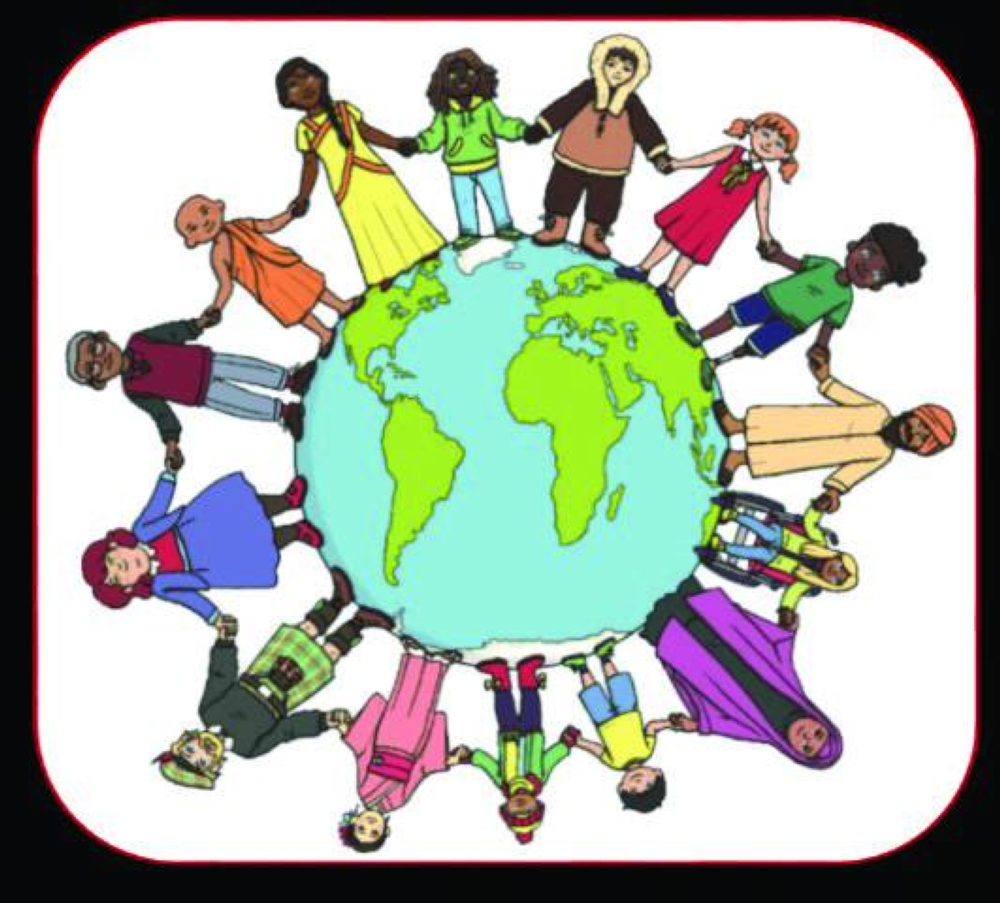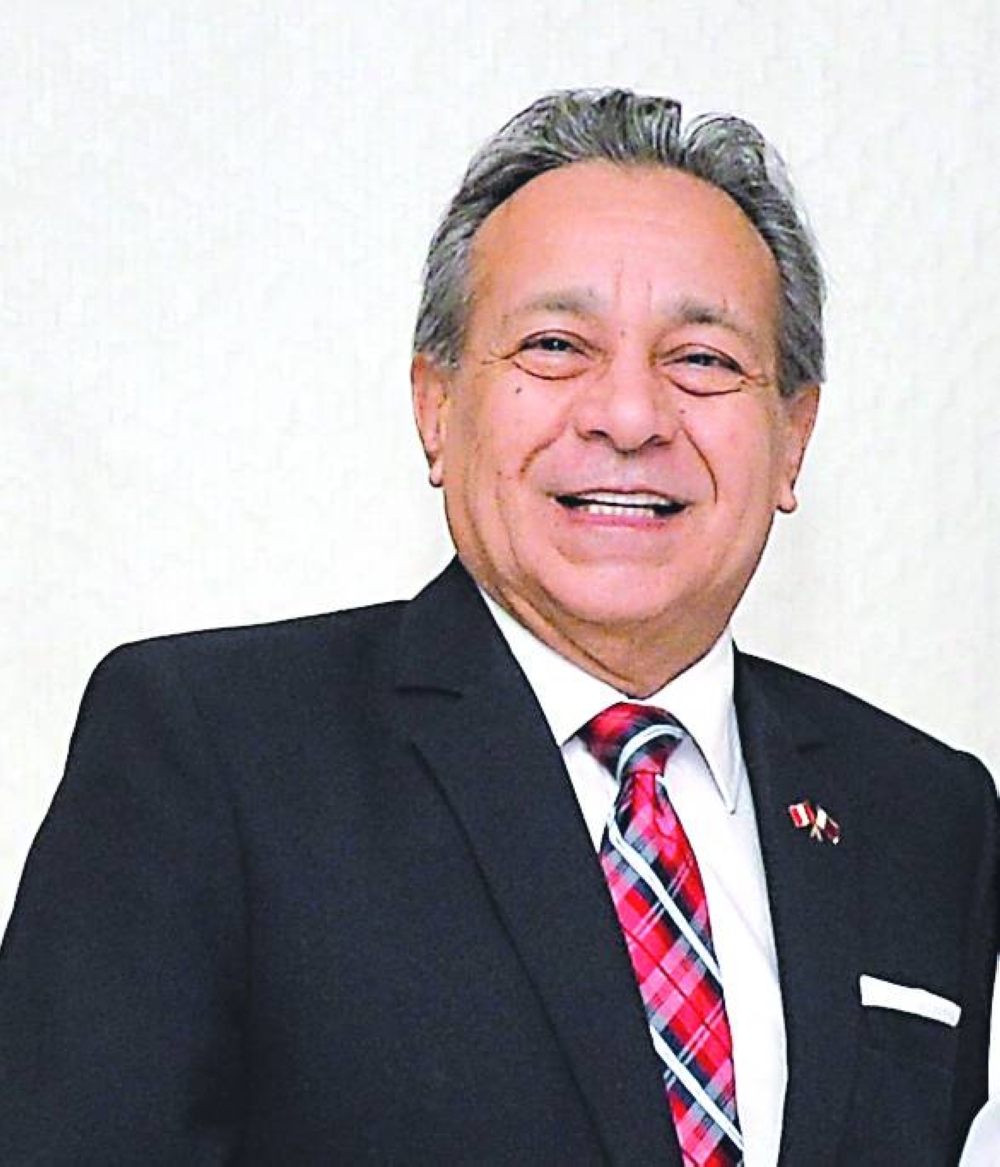On December 10, 1948, in Paris, the United Nations General Assembly adopted the “Universal Declaration of Human Rights,” which in its 30 articles embodies the ideals of the international community.
It was a necessity for the humans to establish basic principles for peaceful coexistence, and it has antecedents such as the Magna Carta of “John Lackland” in England dating from 1217, the Constitution of the United States of 1776, and the “Declaration of the Rights of Man and of the Citizen” of the French Revolution of 1789.
It is also worth mentioning the Peace Treaties after World War I, in which the equality of the inhabitants of the countries before the law, the right to life, the freedom of religion, and the self-determination of peoples are recognised.
In the “Charter of the United Nations,” signed in the American city of San Francisco on June 26, 1945, it is specified that its first objective is to maintain international peace and security, as well as to promote international relations on the basis of equality of rights and self-determination; in addition to stating that other objectives are: the solution of economic, social, and cultural problems, and to promote respect for human rights.
It is important to emphasise that this Charter of the United Nations, in force since October 24, 1945, was the first international document to deal with human rights, which were consolidated in 1948 with the “Universal Declaration of Human Rights.”
In its Article 1, it states verbatim that “All human beings are born free and equal in dignity and rights, and, being endowed as they are with reason and conscience, should behave towards one another in a spirit of brotherhood”; and in its Article 3, it highlights that “Everyone has the right to life, liberty, and security of person”; and many other inherent rights of the human being.
I think that all these human rights are not respected, despite their valid support around the world. No one can be against what is “the way it should be” in order to live in peace, without any kind of conflict, that will lead us to continue to improve ourselves as individuals, as families, and as societies that are properly organised and with ideals of good.
In the 17th century, the diplomat-humanist and jurist Hugo Grotius already said that “freedom is nature itself,” which leads me to say that “If human rights are attacked, humanity itself is attacked.”
I believe that these principles must be in force and be applied in a world today in which we are witnessing conflicts and violations of human rights.
We cannot accept that human groups destroy their own fellow beings. No one has that right.
May peace, dialogue, humanitarian aid, the cessation of all conflict, and respect for human dignity prevail!
In the face of these situations, we admire the role of the diplomacy of Qatar, which deploys all its efforts to achieve harmony between nations; which, certainly, seek the same objectives in favour of the great human family.


Ambassador of Peru to Qatar Jose Benzaquen Perea
